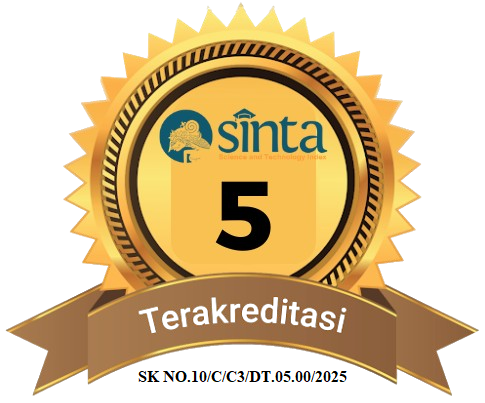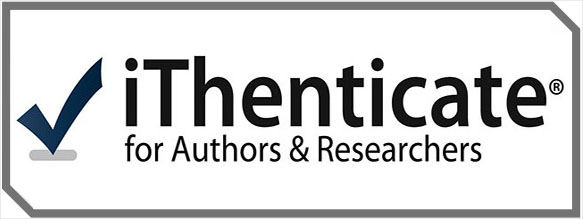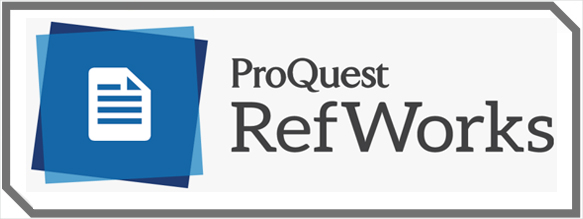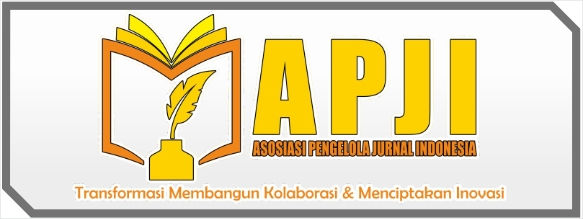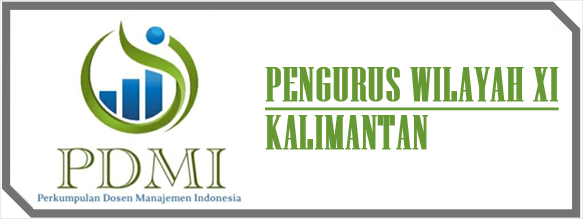SOCIO-ECONOMIC FACTORS INFLUENCING THE PROSPERITY OF TOBACCO FARMERS IN PROBOLINGGO REGENCY: A BUSINESS MANAGEMENT PERSPECTIVE
DOI:
https://doi.org/10.62394/projmb.v3i2.120Keywords:
tobacco, farmers, socio-economicAbstract
The income of tobacco farmers in Probolinggo Regency is often unstable due to fluctuations in the prices of production factors and tobacco products, impacting their earnings and socio-economic conditions. The objectives of this study were: (1) to analyze the income of tobacco farmers; (2) to identify the factors influencing their income; and (3) to examine their social conditions. The data analysis method employed was multiple regression analysis. The results of the study revealed that: (1) the average income of tobacco farmers in Probolinggo Regency is IDR 18,540,000 per hectare per planting season, with an R/C ratio of 1.6; (2) the factors influencing the income of tobacco farmers include the prices of seeds, urea, ZA (ammonium sulfate), and pesticides; (3) 83% of the tobacco farmers own their houses, which are made of permanent materials. Common household electronic items owned by the farmers include refrigerators, televisions, and mobile phones. Regarding transportation, 57% of the farmers use bicycles, 28% use motorcycles, and 14.29% use cars to commute to work and take their children to school. The average family size is three members, consisting of two children and one spouse. Tobacco farmers feel comfortable in their environment, as evidenced by their active participation in activities such as repairing irrigation systems, cleaning the surroundings, and building worship facilities and social spaces to foster community relationships. This indicates that the socio-economic conditions of tobacco farmers are adequate and prosperous.
Downloads
References
Ahmad, M. (2020). Developing a competitive agriculture and Agro-based Industry under CPEC. China’s Belt and Road Initiative in a Global Context: Volume II: The China Pakistan Economic Corridor and Its Implications for Business, 227–269.
Faqih, A., Elizabeth, R., & Azahari, D. H. (2020). The increasing of competitiveness of agro-industry products through institutional empowerment to support the achievement of sustainable agricultural development. International Journal of Energy Economics and Policy, 10(5), 663–671.
Ghozali, I. (2006). Aplikasi Analisis Multivariate Dengan Program SPSS 26. Badan Penerbit Universitas Diponegoro.
Hill, H. (2000). The Indonesian Economy. Cambridge University Press.
Mackay, J., & Eriksen, M. P. (2002). The tobacco atlas. World Health Organization.
Mills, T. C., & Mills, T. C. (2014). The classical linear regression model. Analysing Economic Data: A Concise Introduction, 166–187.
Monge Bonilla, M. C. (2012). Tobacco Economics. Acta Médica Costarricense, 54(1), 8–14.
Nawawi, H. (2015). Metode Penelitian Bidang Sosial. Gadjah Mada University Press.
Poole, M. A., & O’Farrell, P. N. (1971). The assumptions of the linear regression model. Transactions of the Institute of British Geographers, 145–158.
Soekartawi. (2001). Pengantar Agroindustri (Edisi 1). PT Raja Grafindo Persada.
Sugiyono. (2017). Metode Penelitian Kuantitatif, Kualitatif, dan R&D. Alfabeta.
Tambunan, T. T. H. (2017). Long-term Economic Development and Employment Changes: The Indonesian Experience. Social Change, 47(4), 493–508.
Thorbecke, E., & Van Der Pluijm, T. (1993). Rural Indonesia: socio-economic development in a changing environment (Issue 3). NYU Press.
Warner, K. E. (2000). The economics of tobacco: myths and realities. Tobacco Control, 9(1), 78–89.
Wasito. (1992). Pengantar Metodologi penelitian: Buku panduan mahasiswa. Gramedia Pustaka Utama.
Widoyo. (2003). Masalah Input Perkebunan Tembakau, dan Perkebunan Indonesia di Masa Depan. Yayasan Agroekonomika.
Williams, M. N., Grajales, C. A. G., & Kurkiewicz, D. (2019). Assumptions of multiple regression: Correcting two misconceptions. Practical Assessment, Research, and Evaluation, 18(1), 11.
Woo, W. T., Glassburner, B., & Nasution, A. (1994). Macroeconomic policies, crises, and long-term growth in Indonesia, 1965-90. World Bank Publications.
World Health Organization. (2017). Tobacco control for sustainable development. World Health Organization, Regional Office for South-East Asia.


